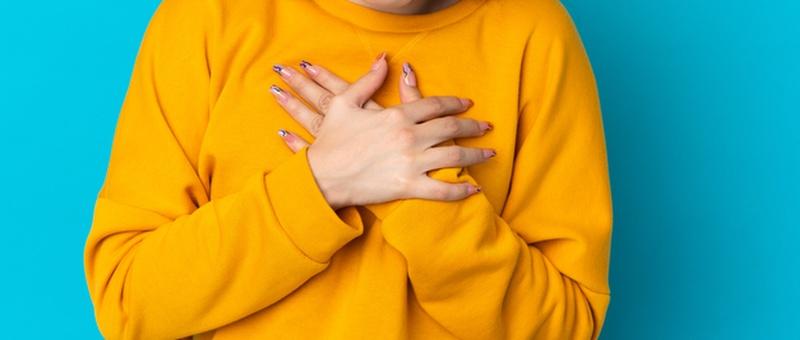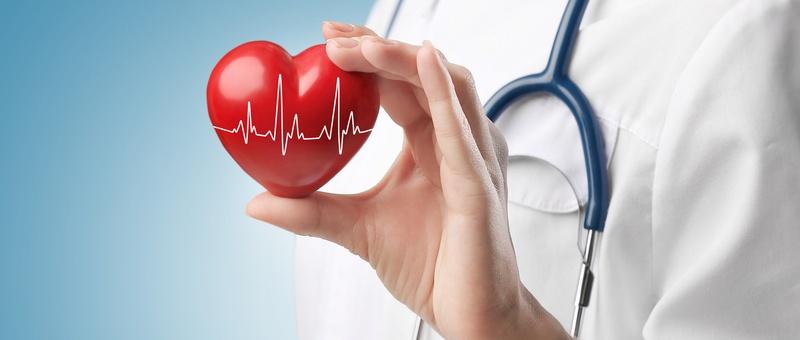
When the heat rises, so do heart risks: What you need to know
Peer reviewed by Dr Colin Tidy, MRCGPAuthored by Lawrence HigginsOriginally published 8 Jul 2025
- HerunterladenHerunterladen
- Teilen Sie
Teilen Sie
Heat waves and high temperatures brings health risks. The American Heart Association (AHA) has issued warnings about taking extra precautions to stay safe in high temperatures. Find out how to help yourself stay cool and healthy here.
In diesem Artikel:
Lesen Sie unten weiter
Can you die from the heat?
The AHA suggests extreme heat can be dangerous - even deadly - especially for people with existing heart disease. According to the UK Health Security Agency 10,000 people died due to heat related causes between 2020 and 2024 in the UK.
A study published in the AHA’s, peer-reviewed journal Circulation predicts that cardiovascular disease deaths related to extreme heat may more than double over the next two decades.
Heart medicines and the heat
Heat and dehydration make your heart work harder, putting it under significant stress. This can be particularly problematic for those with heart conditions and older adults.
Certain heart medicines can exaggerate the body’s response to heat, these include:
Ace receptor blockers and inhibitors.
Calcium channel blockers.
If you have been prescribed these medicines, the AHA says you should take extra precautions during heat waves but continue to take your medicines unless told otherwise by your healthcare professional.
Lesen Sie unten weiter
Precautions to take during the hot days of summer
There are various measures you can take to help your heart stay safer in the high temperatures - these include:
Watching the clock - it’s best to avoid the outdoors in the early afternoon, around noon to 3 pm, because the sun is usually at its strongest, putting you at higher risk of heat-related illnesses.
Dressing for the heat - wear lightweight, light-coloured clothing in breathable fabrics such as cotton, or a newer fabric that repels sweat.
Staying hydrated - drinking a few cups of water before, during, and after going outside or exercising. Avoid caffeinated or alcoholic drinks.
Take regular breaks - find some shade or a cool place, stop for a few minutes, hydrate and start again.
Symptoms of heat exhaustion
It’s important to know the signs and symptoms when you may be having too much heat.
The main symptoms of heat exhaustion are:
Kopfschmerzen.
Cool, pale, and moist skin.
Fast, weak pulse.
Dizziness and light-headedness.
Weakness or muscle cramps.
Feeling sick and vomiting.
Passing out.
If you have these symptoms, move to a cooler place, stop exercising, and cool down immediately by dousing yourself with cold water and rehydrating. You may need to seek medical attention.
Symptoms of heat stroke
Heat stroke is a medical emergency. if you experience these symptoms call 999 in the UK or 9-1-1 in the US for an ambulance straight away. The symptoms of heat stroke include:
High body temperature - 40C or higher.
Hot, red, dry, or damp skin.
Fast, strong pulse.
Headache, dizziness, and confusion.
Übelkeit.
Passing out.
While being heart-smart in the heat, it’s still important to find ways for the whole family to stay active even during the high temperatures of summer. Adjusting your activity time to early morning or later in the evening can help. If being outside is too much on some days, find indoor locations where you can be active, such as a shopping centre, gym, or community leisure centre.
Patienten wählen aus für Herzinfarkt

Herzgesundheit und Blutgefäße
How to minimise the risk of a second heart attack
If you've already had a heart attack, you're at an increased risk of having another. But taking control of your own heart and blood vessel health can significantly lower your chances of having a second heart attack.
von Lydia Smith

Herzgesundheit und Blutgefäße
Am I having a heart attack?
Every year there are around 100,000 hospital admissions in the UK because of a heart attack – that’s one every five minutes. If you are having a heart attack the key to immediate survival and long-term health is to get treatment as soon as possible. Here we look at how to tell if you are having a heart attack, what you should do, and what will happen to you if you are.
von Lawrence Higgins
Artikel Geschichte
Die Informationen auf dieser Seite wurden von qualifizierten Klinikern geprüft.
Nächste Überprüfung fällig: 8. Juli 2028
8 Jul 2025 | Ursprünglich veröffentlicht
Verfasst von:
Lawrence HigginsPeer-Review durch
Dr. Colin Tidy, MRCGP

Fragen, teilen, verbinden.
Stöbern Sie in Diskussionen, stellen Sie Fragen, und tauschen Sie Erfahrungen zu Hunderten von Gesundheitsthemen aus.

Fühlen Sie sich unwohl?
Beurteilen Sie Ihre Symptome online und kostenlos